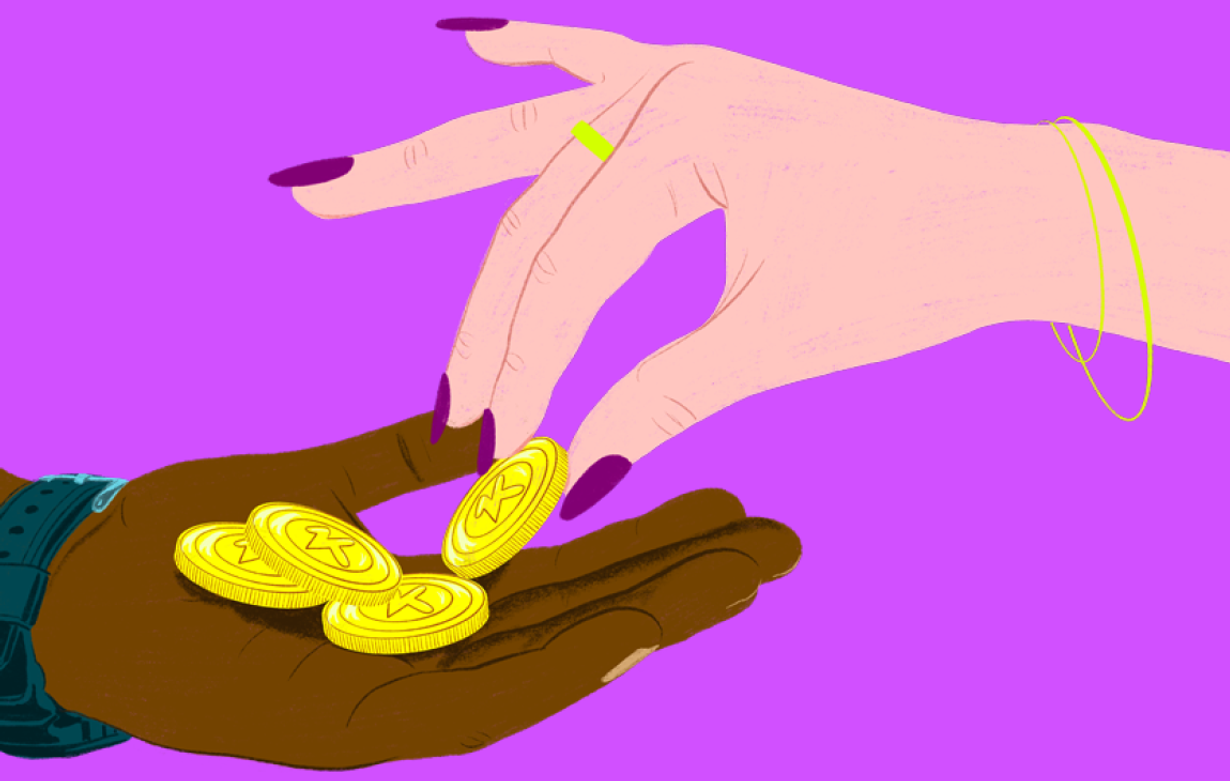Get up to $250 interest-free right when you need it
A cash advance is when you get cash using credit, usually from a credit card (like withdrawing from an ATM).
It works like a short-term loan, but it can be expensive because interest starts right away and there is no grace period.
KOHO
If you need help bridging a short term gap, KOHO’s Cash Advance is built exactly for that.
With KOHO Cover, you can:
Get up to $250 as an instant cash advance (amount depends on eligibility)
Pay no interest on the advance
Avoid a credit check
Repay automatically once you add money or get paid
You subscribe to the Cover Bundle for a low monthly fee, and in return you get the advance feature plus extras like a credit report, financial coaching, and priority support.
How a Credit Card Cash Advance Works
A credit card cash advance usually happens when you:
Withdraw cash at an ATM, or
Get cash from a financial institution using your credit card
You are basically borrowing cash against your credit card limit.
Why Cash Advances Can Get Expensive Fast
Two big reasons:
Interest starts immediately, and there is no interest-free grace period
The cash advance interest rate is often higher than the rate on regular purchases
That is why cash advances are usually treated as a last resort.
What To Do If You Already Took a Cash Advance
Keep it simple:
Pay it back as soon as you can, since interest starts right away
Check your statement so you understand the total cost (interest plus any fees)

About the author
Quan works as a Junior SEO Specialist, helping websites grow through organic search. He loves the world of finance and investing. When he’s not working, he stays active at the gym, trains Muay Thai, plays soccer, and goes swimming.
Read more about this author